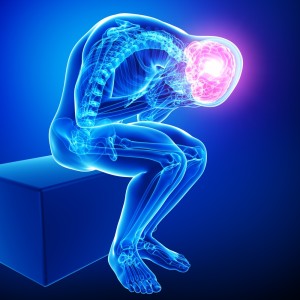Sickness or scourge, Australia’s ice problem can’t be summed up in soundbites
Over the past week, we’ve seen two conflicting messages about the use of crystal methamphetamine, commonly known as “ice”.
24 Aug 2015Mixed messages reflect a longstanding tension in public policy and legal debates about drug use. How we respond to this dilemma depends in part on how we understand drug “addiction”.
The view that “ice addicts” are hijacked by a drug that overwhelms their behaviour is supported by neuroscience research that suggests addiction is a “brain disease”.
The brain disease model of addiction is most prominently advocated by the United States National Institute on Drug Abuse which funds around 85% of addiction research worldwide. According to the brain disease model, addiction is a chronic medical illness. This model commonly cites differences between the brains of addicts and non-addicts to explain the compulsive and involuntary nature of addiction.

Not everyone agrees addiction is a real condition, nor that it’s a brain disease. Critics come from a variety of sources, but commonly centre on different conceptualisations of “addiction”.
Libertarian critics see drug addiction as the hedonistic pursuit of pleasurable substances, no different than other pleasures we engage in, such as sex or food. For these critics, problems arise only when people who use drugs make poor choices, prioritising immediate desires over longer-term needs.
Over the coming months the federal government’s National Ice Raskforce will develop a National Action Strategy to tackle the harms associated with ice. But so far the debates about policy priorities have been hampered by inconsistent messages about drug use, drug effects, drug addiction and the characteristics of people who use drugs.
Policymakers and politicians must go beyond simplistic accounts of drug use and addiction, ideally in ways that exceed notions of addicts as either sick or criminal. The emphasis should instead be on proven harm-redcuction approaches, including increased access and funding to treatment and other support programs that respect the dignity and humanity of people who use drugs.
Click here to read the full article
Doctors can lead the way to healthier drug policies – join IDHDP now.
Share this on:
